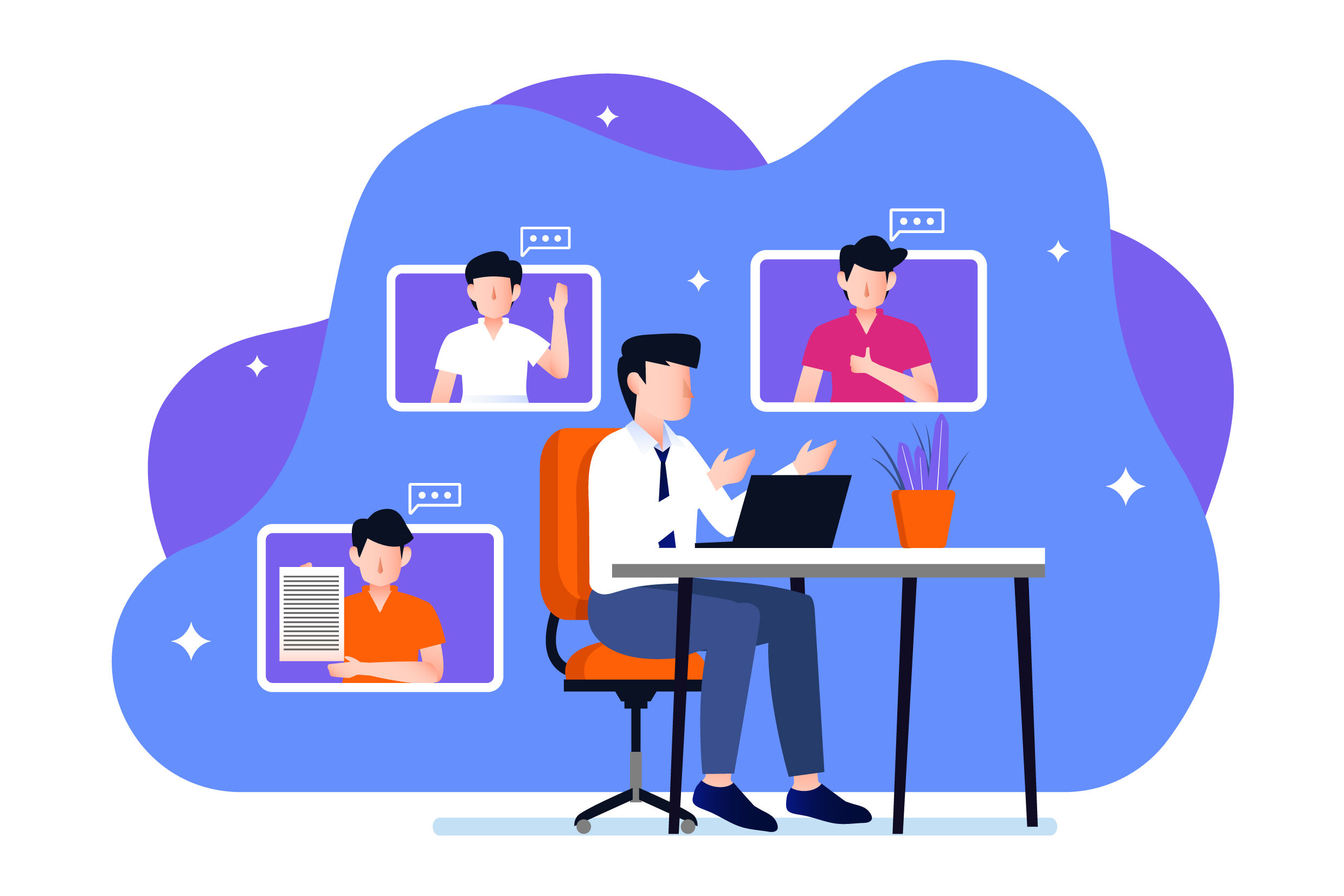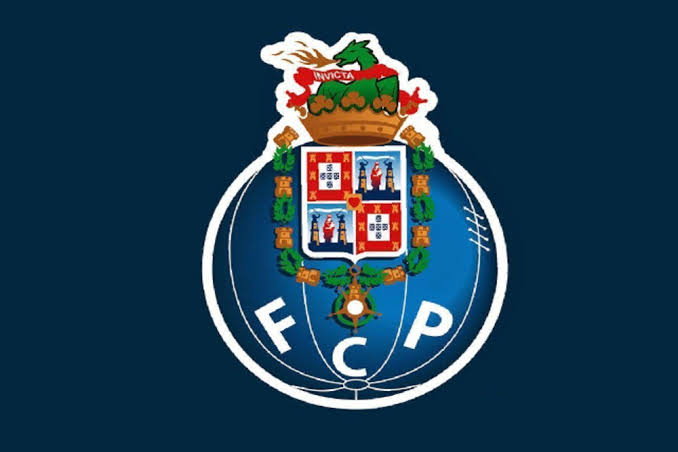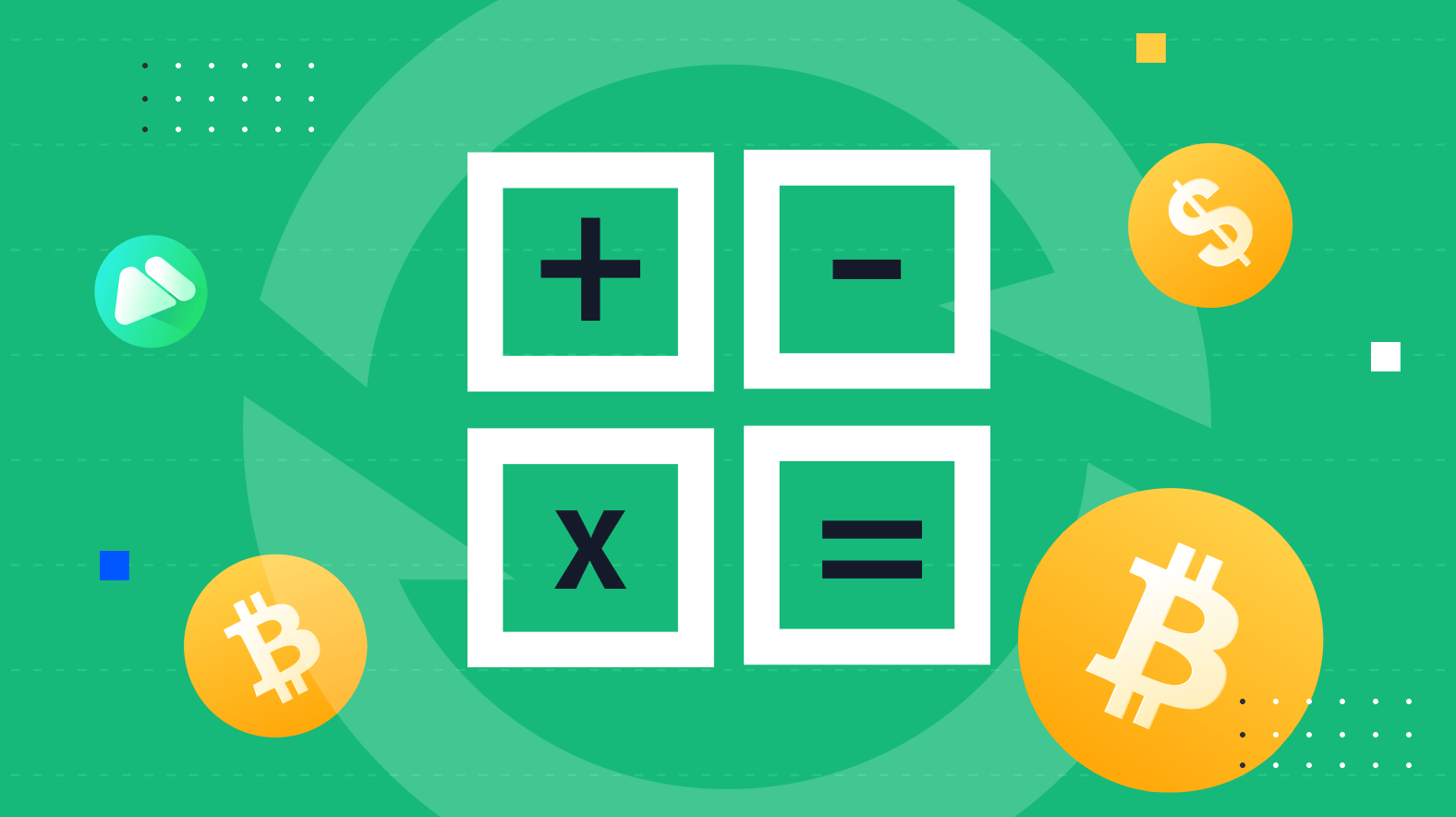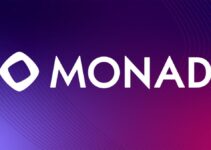Decentralized Finance, popularly known as DeFi, has been adopted throughout the crypto ecosystem in pursuit of a decentralized future. This pursuit led to a more advanced system or framework known as DAOs. Currently, crypto enthusiasts and top influencers claim DAOs are the next big thing. Proper implementation can see the success of the anticipated decentralized ecosystem and governance.
In this article, you will learn about DAOs, their benefits to the industry, and how they play a part in governance and decision-making.

What are DAOs
DAOs is an acronym for Decentralized Autonomous Organizations. DAOs, as the name implies, are organizations, but they are digital organizations that run on the blockchain network via smart contracts. Computer programs known as smart contracts now manage the organization of groups or individuals. These smart contracts carry out the actions on their own, eliminating the need for human intervention.
A DAO is structured to adhere to a set of rules that are written into smart contracts. These rules help the organization dictates how it operates and how to make decisions. It also dictates how members vote on important issues along with fund allocations. Members of the DAO can vote to change these rules or even vote on significant issues that affect the organization. Furthermore, a secure public ledger that anyone can access will record everything, making it difficult to steal or cheat. For example, a DAO can assist in developing a software project. Members of the DAO can vote on which feature prioritization, resource allocation, and developers to hire for the project. The blockchain or public ledger would store all of the project’s code and development, making it transparent and auditable.
How Do DAOs work
A DAO leverages blockchain technology and smart contracts to enforce the organization’s rules. These rules specify and govern how decisions are made and how members can contribute to the growth and management of the organization.
Here are the fundamental steps of how a DAO works:
Creation
A DAO is created by individuals or groups who want to implement their ideas for a shared goal. When someone intends on developing a DAO, they write a set of smart contracts that outlines the rules for the organization. Simply put, the DAO operates in accordance with a set of encrypted rules in smart contracts. Following that, these smart contracts are deployed on a blockchain platform, such as Ethereum or Binance Smart Chain. The DAO then becomes operational and accessible to anyone after the smart contracts deployment.
Membership
The smart contracts that underpin the DAO serve several important functions. They may, for example, specify how members join or leave the organization, how to make decisions through voting, how to allocate funds, and a variety of other proposals. Members of the DAO can interact with the smart contracts and vote on amendments or organization proposals. However, anyone can be a member of the DAO by purchasing a share that denotes ownership in the organization; this share could be a token, NFT, or other option that can prove you are a member of the organization.
Smart Contract Execution
When a proposal is made in a DAO, members of the organization vote on whether or not to accept it, with each member’s vote being recorded on the blockchain. If the proposal receives approval, the smart contracts will carry out the action automatically. For example, consider a proposal whereby a certain number of tokens should be locked for 3 months. Once a majority of the members approve the proposal, the smart contracts will automatically lock the tokens for 3 months. On the other hand, this provides members with the opportunity and authority to influence how the organization operates.
Role of DAOs
DAOs are essential for promoting decentralized decision-making and governance because they provide a forum for people to participate in transparent and democratic decision-making processes, ensuring that every member has an equal say in the organization’s governance. They enable people to gather and make decisions jointly without the need for a central authority.
As DAOs run on blockchain technology and all transactions and decisions are visible on a public, secure ledger, they provide a more stable and dependable way to run an organization. This implies that there is no room for fraud, manipulation, or influence by powerful individuals or entities. Everyone can observe how the organization runs. Members can also propose changes to the organization’s rules or actions that the organization should take, and other members can gather to vote in favor of or against the proposed changes.
Here’s an overview of how a DAO’s decision-making process works;
Making A Proposal: Any DAO member may submit a proposal for consideration. The proposal will be able to outline the decision that must be taken and its justification.
Discussion: Following submission, other DAO members will examine and discuss the proposal. A messaging platform specifically for the DAO can be used for the discussion.
Voting: After the discussion period, a voting session will take place where all members of the DAO have an equal vote. The majority or supermajority of votes cast by all DAO members determines the outcome of the vote.
Execution: Once the voting period is over, the decision is carried out automatically via the smart contract based on the results of the votes, as shown in the preceding example.
Benefits of DAOs
DAOs have a number of advantages that make them a desirable choice for communities and organizations.
Decentralized decision-making: Decentralized decision-making is one of the main benefits of DAOs. Thanks to the decentralized model of DAOs, members can have an equal voice in the governance of an organization without any form of bias or favoritism. This method also guarantees democracy without the need for a centralized power structure.
Transparency: The DAOs transactions and decisions are all recorded on the blockchain network (public ledger) and are made publicly visible. Because anyone can audit the DAO’s activities, this results in a high level of transparency and accountability. This ultimately aids in the development of trust among members and other stakeholders.
Security: DAOs are extremely safe because they run on a blockchain network. The organization’s policies and decisions are written in tamper-proof, self-executing smart contracts. This makes DAOs a more safe and more reliable way to manage funds and control an organization or a community.
Accessibility: Anyone who wants to join a DAO is welcome to do so, regardless of their location or social status. As a result, DAOs are now a more approachable and democratic means for people to take part in governance and decision-making.
Flexibility: DAOs can match the demands of various organizations and communities due to their great degree of flexibility. Depending on the requirements of the organization, they might manage finances, make decisions, or automate activities.
Conclusion
In summary, DAOs play a crucial part in promoting decentralized governance and decision-making. It offers a more democratic and fair way to run an organization. The DAO enforces its rules and decisions using the power of smart contracts and blockchain technology. It also records all transactions and decisions on a public ledger. As a result, a transparent, democratic organization can function without concern for manipulation or the requirement for centralized power. DAO will inevitably become mainstream and wide adoption will occur. The advantages when it comes to decentralization, are an objective that the industry is arduously working towards.
Personal Note From MEXC Team
Check out our MEXC trading page and find out what we have to offer! You can learn more about crypto industry news. There are also a ton of interesting articles to get you up to speed with the crypto world. Lastly, join our MEXC Creators project and share your opinion about everything crypto! Happy trading!
Join MEXC and Get up to $10,000 Bonus!
Sign Up


